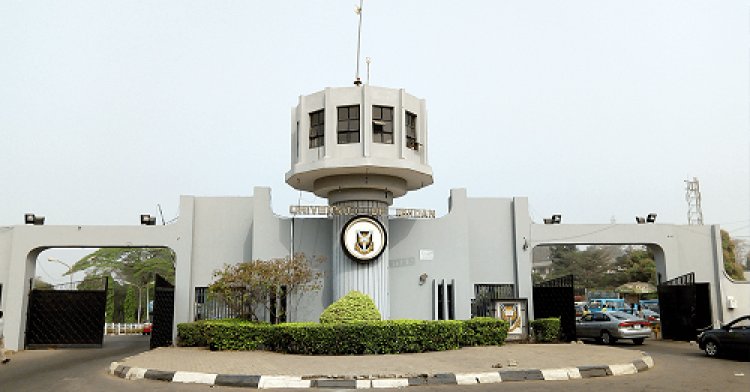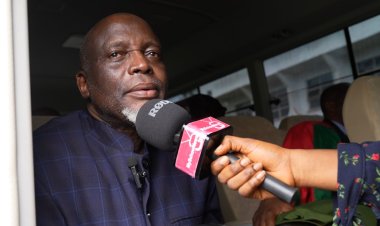Don Advocates Multi-Stakeholder Approach to Combat Non-Standard Employment at University of Ibadan
Professor Emeka Emmanuel Okafor from the University of Ibadan has proposed a multi-stakeholder approach to address non-standard employment in Nigeria during his 562nd Inaugural Lecture.

Professor Emeka Emmanuel Okafor of the Industrial Sociology and Employment Relations Department at the University of Ibadan has proposed a multi-stakeholder approach to tackle the issue of non-standard employment in Nigeria. During the 562nd Inaugural Lecture of the University, Okafor emphasized the importance of involving various parties, including the government, ministries, employers, trade unions, higher education institutions, and NGOs, to address the challenges faced by non-standard workers.
In his lecture titled “The Periphery of the Periphery: Exploring the Experiences of Non-standard Workers,” Professor Okafor highlighted that non-standard work is a global phenomenon, manifesting in various forms such as part-time, outsourced, temporary, and contract employment. He noted that this type of work often leads to low wages, limited benefits, lack of union representation, and job insecurity, particularly affecting workers in developing nations like Nigeria.
“The prevalence of the nature and quality of available work reflects the socio-economic and political arrangements within a society,” Professor Okafor explained. He pointed out that in capitalist societies, the drive for profit maximization leads employers to minimize labor costs, resulting in the rise of non-standard employment arrangements.
To combat these issues, Okafor called on the Nigerian government to play a critical role in establishing labor standards and protecting workers' rights. He identified essential government responsibilities, including regulating non-standard employment, combating youth unemployment, establishing national social protection systems, and strengthening labor inspection.
In his call to action, he urged the Federal Ministry of Labour and Employment, private employers, trade unions, educational institutions, and NGOs to actively participate in efforts to create decent work opportunities. He stressed the need for collaborative strategies to ensure dignity for all workers, regardless of their employment status.

 Chris Oyeoku Okafor
Chris Oyeoku Okafor 



